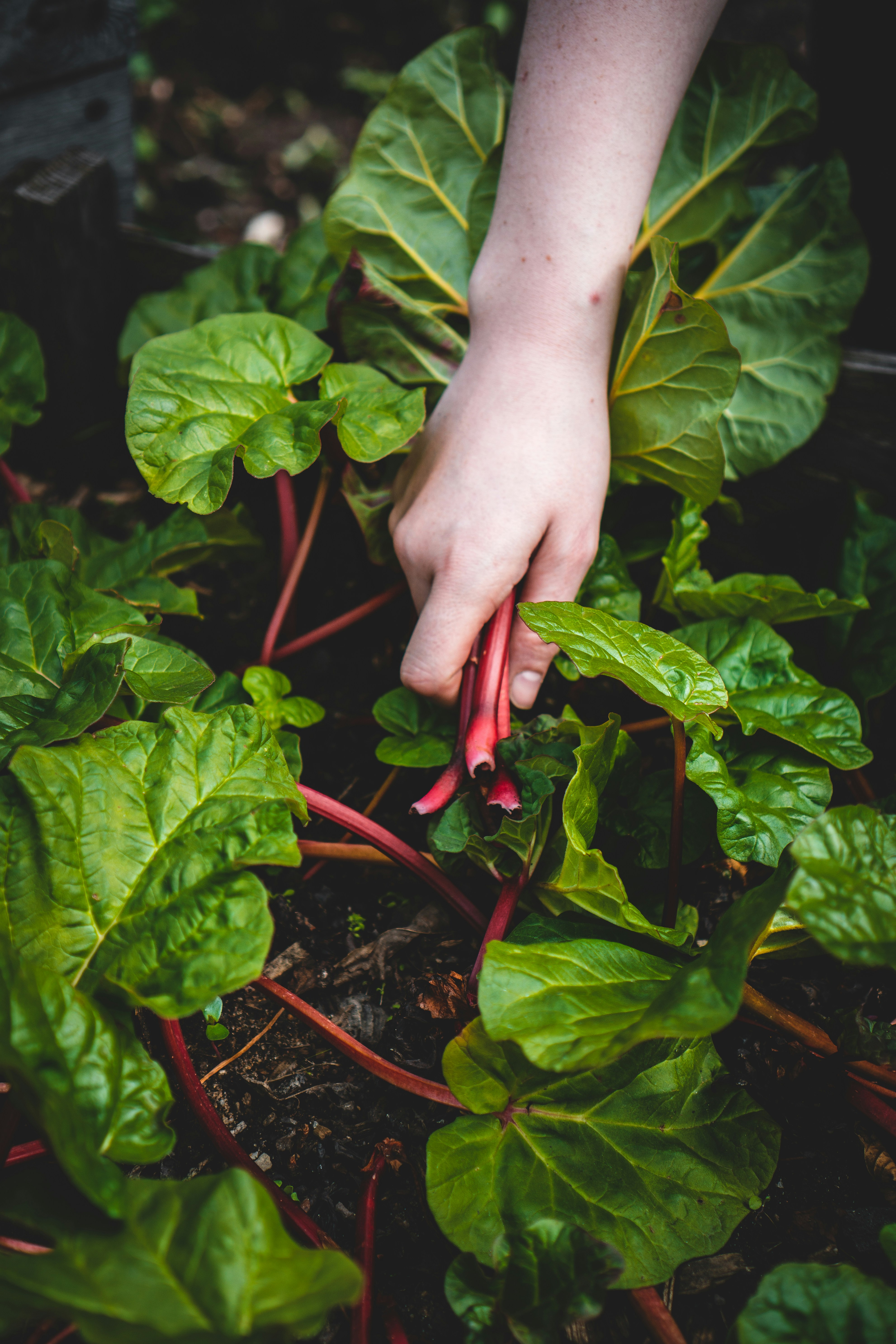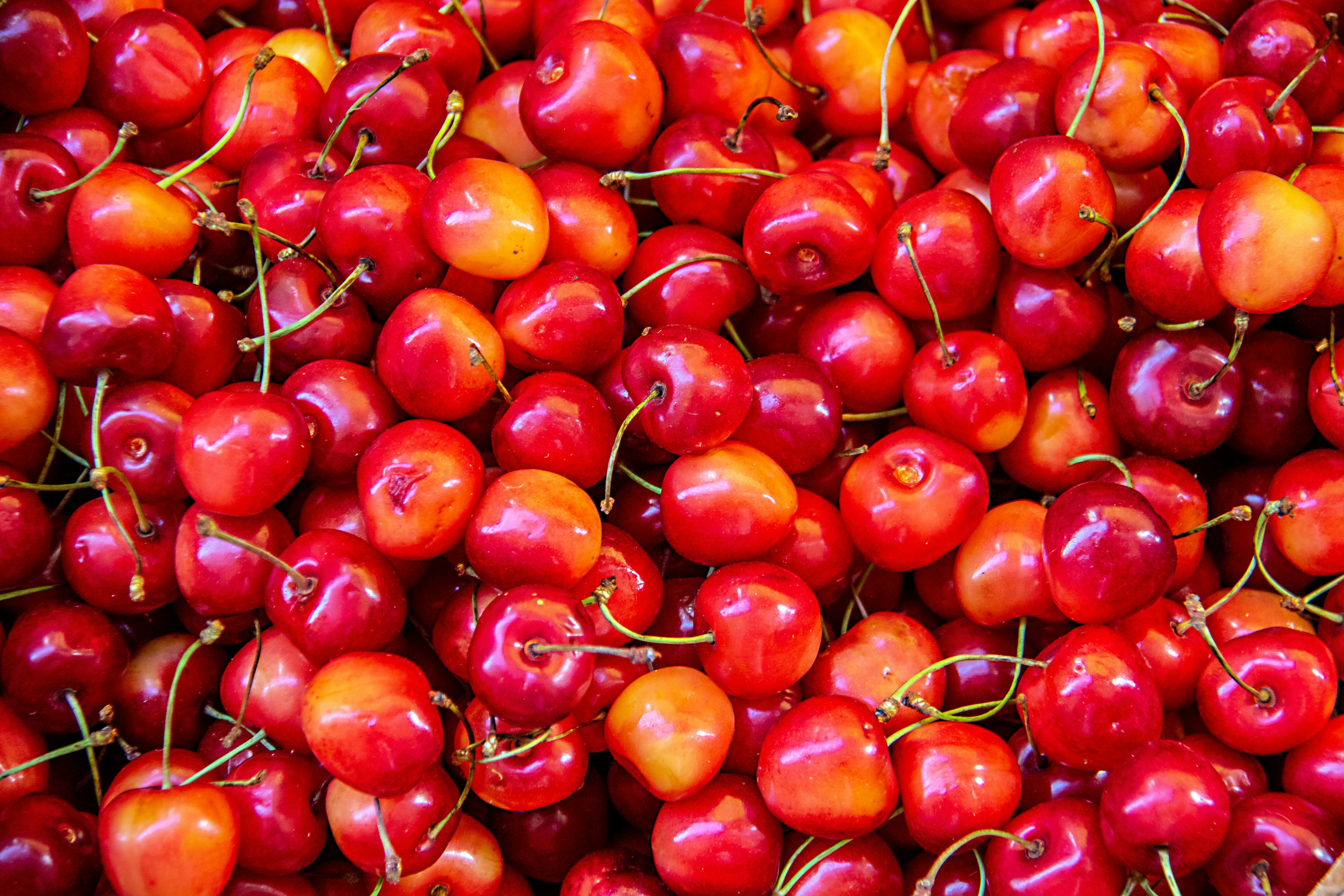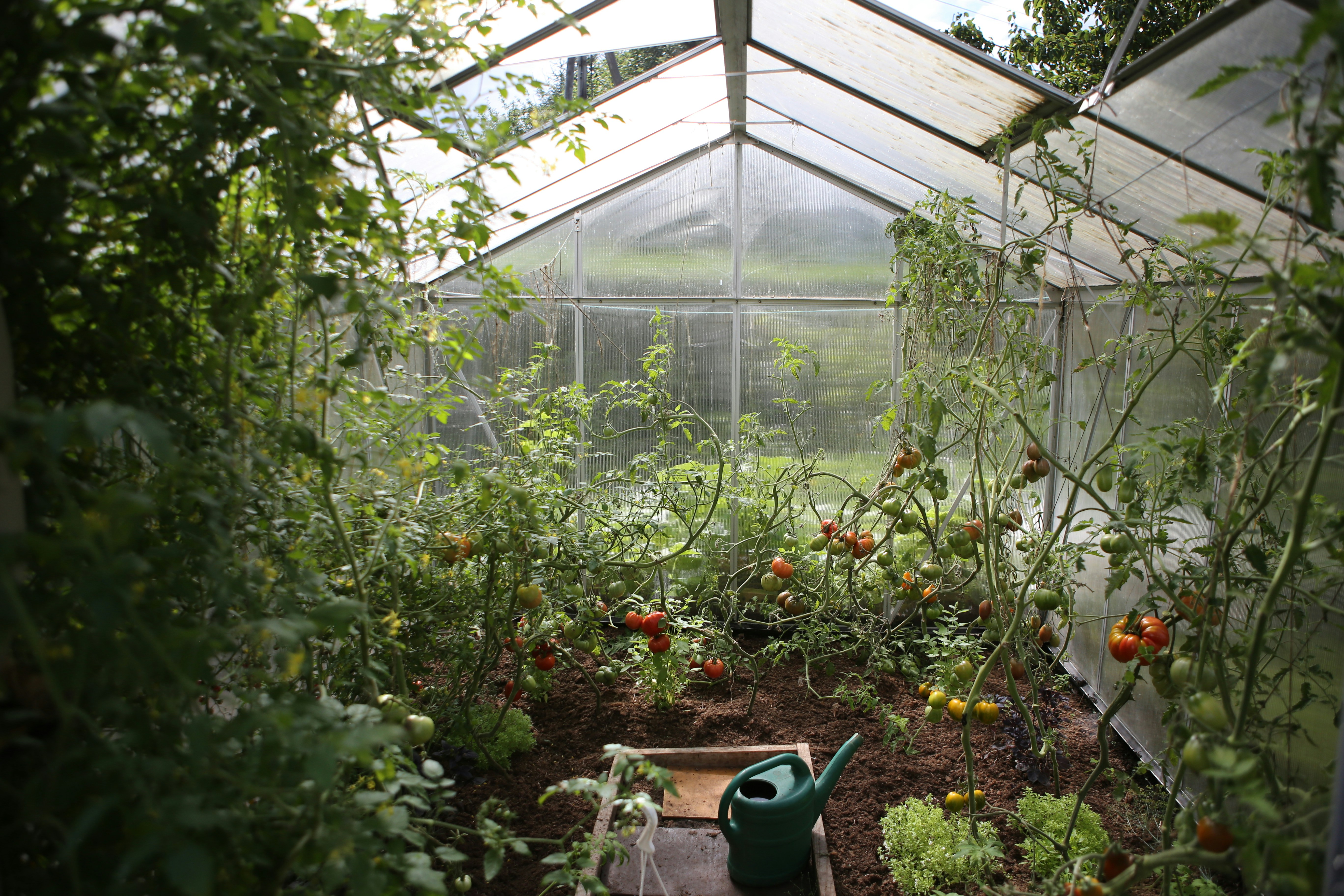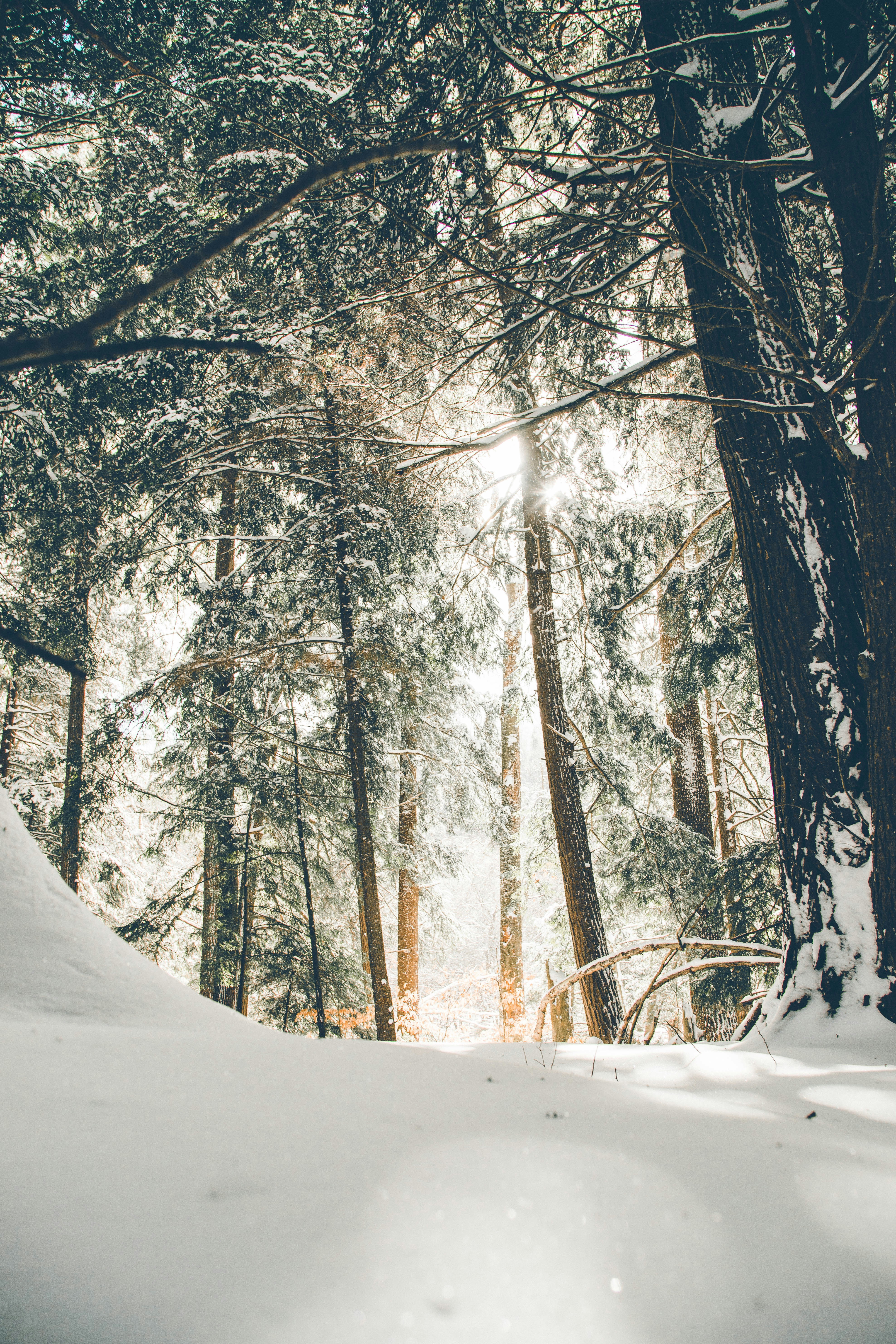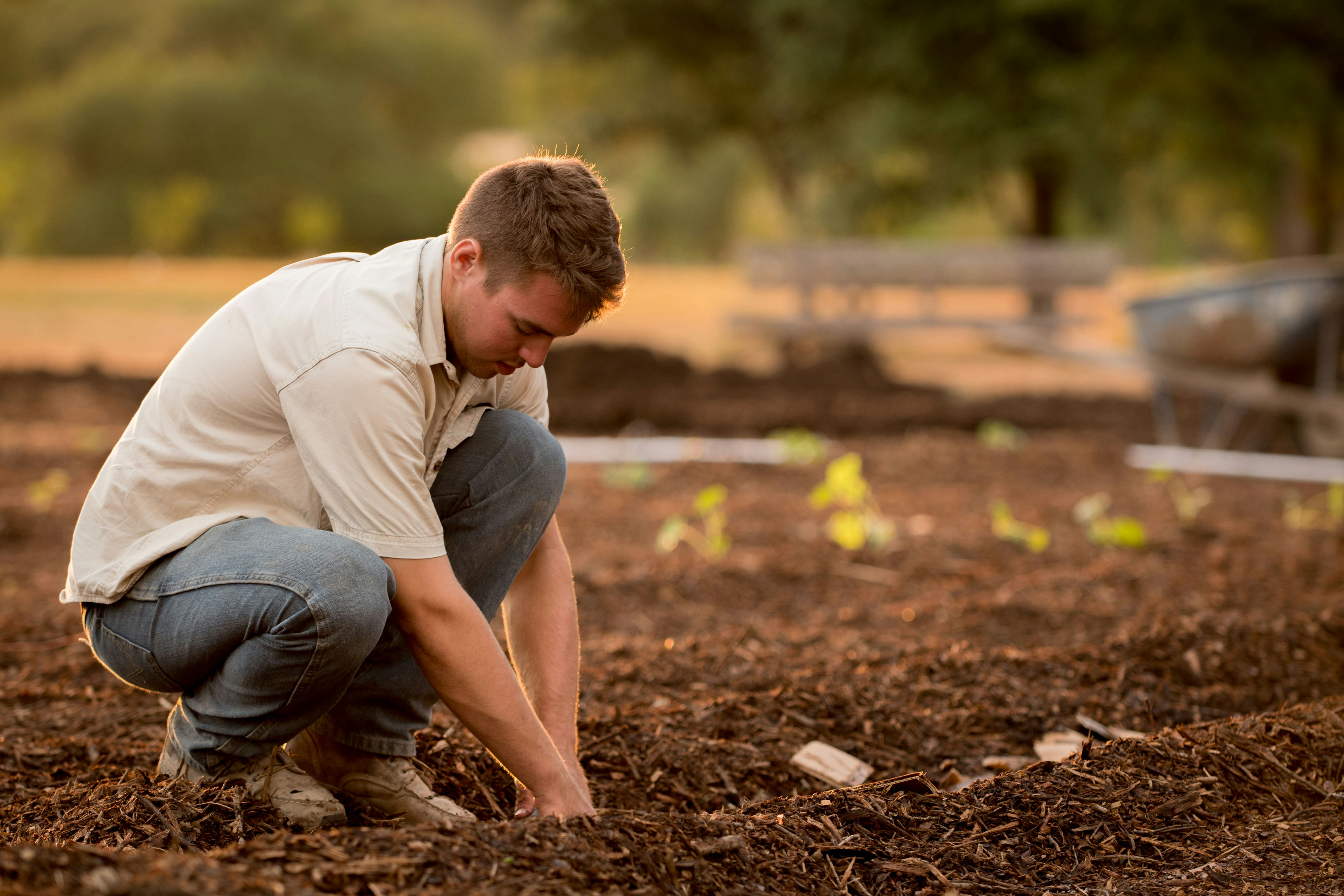Apr 22, 2022
Interrogating Invasive Species
The term “invasive species” can evoke unsettling images. But what exactly are they, and how can gardeners help foster healthier ecosystems?
WHAT ARE INVASIVE SPECIES?
Invasive species are non-native organisms that spread rapidly, often disrupting native ecosystems. Here in Massachusetts, Japanese Knotweed and bittersweet are common examples. Some were introduced intentionally, others accidentally, but they spread aggressively, often preventing native plants from thriving. When a non-native plant coexists without harming its new habitat, it’s considered “naturalized,” not invasive.
WHAT WE CAN LEARN FROM NON-NATIVE PLANTS
Dr. Robin Wall Kimmerer, author of Braiding Sweetgrass, encourages curiosity over condemnation. Instead of labeling plants as “bad,” she suggests asking what they can teach us. This open-minded approach fosters a deeper connection to the land and helps us reflect on our role within ecosystems.
IMPACTS OF INVASIVE PLANTS
While not all non-native plants are harmful, true invasive species can have devastating impacts, disrupting ecosystems and often requiring extensive labor to manage. They can threaten buildings, spread aggressively, and sometimes need to be treated as hazardous waste.
HOW TO HELP WITH INVASIVE SPECIES
Maintaining a healthy ecosystem requires ongoing efforts. Here are some ways to help:
Get curious: Learn about native plants and identify invasive ones.
Report invasives: Contact local authorities, like Massachusetts’ Outsmart Invasives Project.
Practice proper removal and disposal: Research the best methods to avoid spreading invasive seeds.
Monitor & manage: When removal isn’t possible, keep invasives in check. Some companies, for example, rent goats for this purpose.
Be a mindful gardener: Choose native plants when possible and avoid planting invasives.
Stay vigilant: Clean boats, clothing, and equipment to avoid spreading seeds or insects.
Call professionals when needed: Some invasives, like Japanese Knotweed, require expert handling.
At NatureWorks Land Care, we prioritize organic, sustainable practices, working with native plants, and responsible invasive species removal. Contact us if you need support managing your land or dealing with invasive plants.














